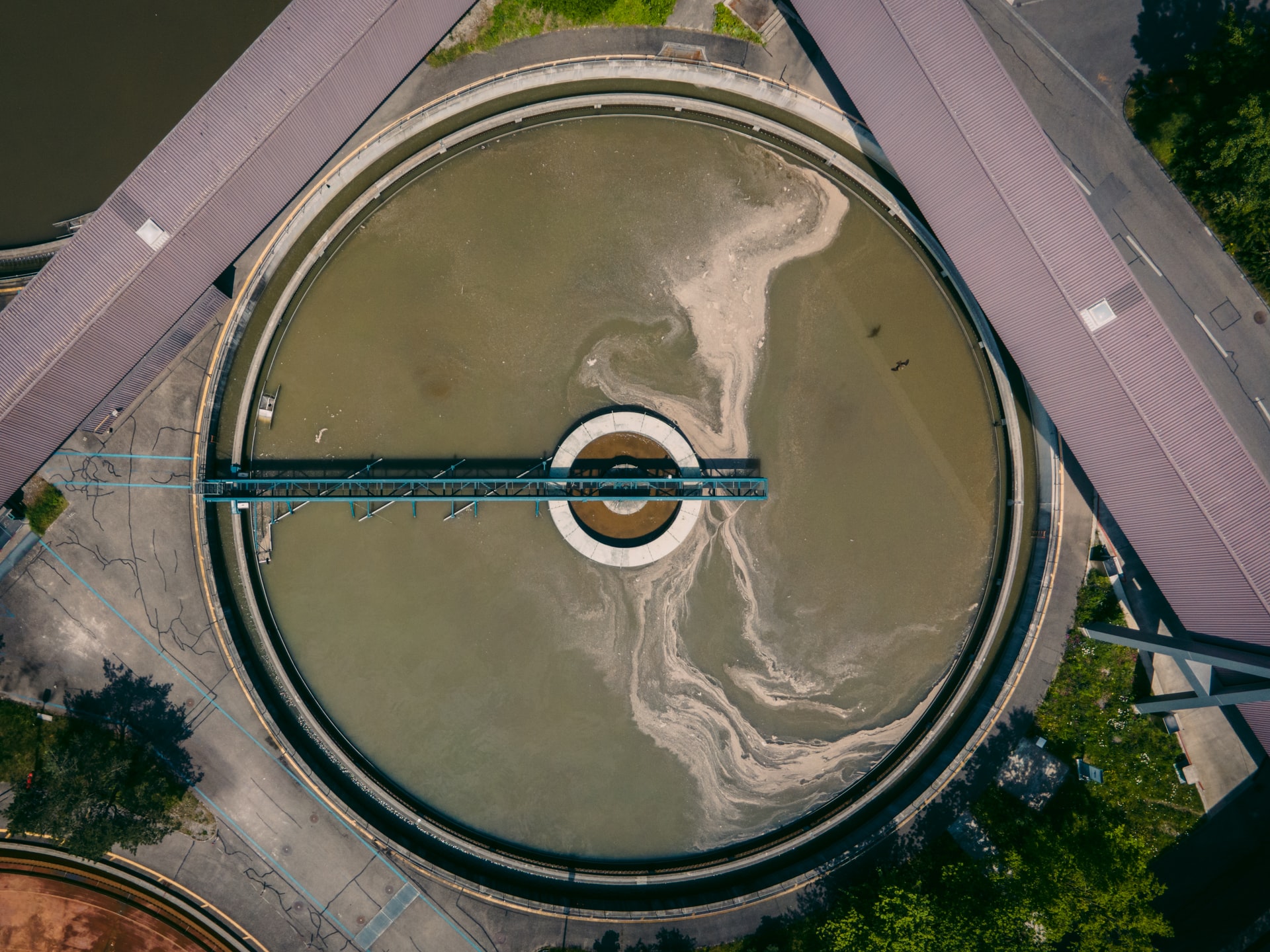How a Septic Tank Works: The Ins and Outs of Sewage Treatment
If you’re like most homeowners, you probably don’t think about your septic tank very often. But if you have one on your property, it’s important to understand how it works. In this blog post, we will discuss the ins and outs of septic tanks and sewage treatment. We’ll cover everything from how a septic tank works to what happens to the wastewater once it leaves your home.
How a septic tank works
If you have a septic tank on your property, it’s important to understand how it works. A septic tank is a watertight chamber that is used to treat wastewater from your home. The tank is typically buried underground and is connected to your home’s sewage system. Wastewater from your toilets, sinks, and showers enters the septic tank through a pipe.
What a septic tank does
Inside the septic tank, there are bacteria that break down the wastewater. This process helps to remove harmful contaminants from the water. The treated water then flows out of the septic tank and into a leach field or drain field. The leach field is a series of trenches that are filled with gravel or rocks. The treated water seeps through these materials and is eventually absorbed into the ground.
Regular maintenance
It’s important to have your septic tank inspected and pumped regularly. This will help to ensure that it is working properly and that the treated water can flow freely out of the tank. If you don’t maintain your septic tank, it could lead to serious problems, such as sewage backup or flooding.
Considerations of installing a septic tank
If you’re considering installing a septic tank on your property, there are a few things you should keep in mind. First, septic tanks can be expensive to install and maintain. Second, they require regular upkeep in order to function properly. Third, they can be disruptive to your landscaping if not installed properly.
Benefits of installing a septic tank
Despite these potential drawbacks, septic tanks offer a number of benefits. They are an environmentally-friendly way to treat wastewater and they can save you money in the long run. If you live in an area with a septic tank, it’s important to understand how it works and what you need to do to maintain it.
Because they rely on natural filtration, septic tanks recycle water in a way that is environmentally beneficial. No chemicals are needed because waste is broken down by naturally occurring bacteria, and the solution is separated and clarified. Water may then be recycled and released back into the environment.)
Installing a septic tank is often less expensive than constructing a complete new pipe system.
A well-maintained septic tank should last between 20 and 40 years, occasionally longer if it is well-cared for.
If you are looking to install a septic tank, contact OMDI the septic tank specialists. From design to maintenance, we provide a complete turnkey service for both domestic and commercial buildings, combining our broad knowledge and wide range of high-quality bespoke drainage solutions.

